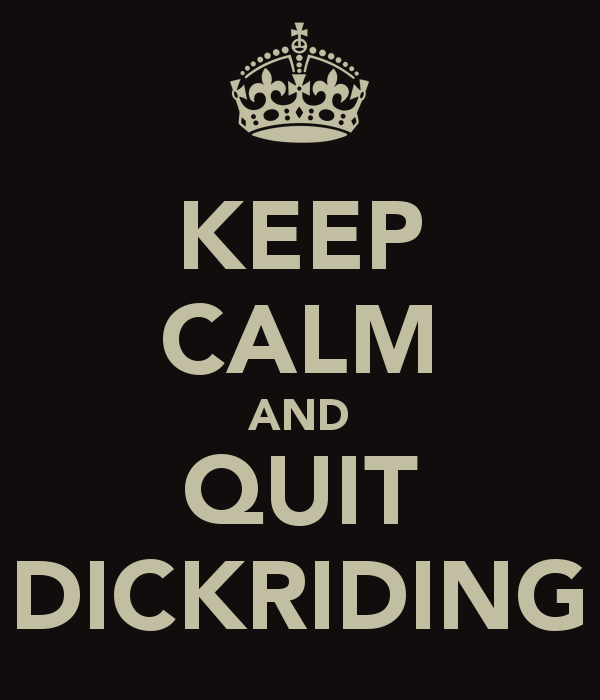All of that being said, I still cannot
say that I am against education. Education is vital to success, but
college is not necessarily the right path of education for everyone.
There are alternatives such as trades, mentors, and good old
fashioned experience.
Throughout my formative years, teachers
as well as my parents would tell me about the importance of getting a
college education. By the time I got to college, I thought that I
would learn everything that I needed to in order to be successful in
life, and I thought that getting my degree would open doors to
guaranteed and lucrative employment. I am here to tell you that I
thought wrong. I have never once worked a "real job" using what I have learned in college, and the freelance gigs that I have done that would fall under the subject of my major were all completed with skills learned on my own.
Now, do I regret going to college and
earning my bachelor's degree? Absolutely not. It is something to put
down on a resume, and looks great when you want to work for other
people. More importantly for me, it, along with a TEFL certificate
(and I suppose being lucky enough to have been born and raised in one
of the “Big Five” English-speaking countries), has been a ticket
for me to teach English overseas. My regrets revolve around being
stagnant and thinking that a degree would be my ticket to financial
security.
Should you decide to go to college, I
urge you to study your subject thoroughly outside of the confines of
the classroom. Your assignments are great for learning the basics of
your subject, but if you want to dig deep, you are going to have to
do the hard work yourself. Look up resources online or spend time at
the library studying your craft. Talk to experienced people in your
major, or even your professors as they may be able to provide you
with additional information. Being the shy introvert that I was in
college, I would spend all of my time alone doing enough to pass my
core classes (with A's), but would not do much beyond that to truly
learn or communicate ideas with others. Even if you decide not to go
to college, this is a great way to learn, and I find myself studying
more now, even after I have graduated than I did when I was enrolled
at the university.
I might also add that you should try to
be well-rounded, or at least capable of socializing. Learn a few
things outside of your major, even if it's just picking apart the
arguments of all of the feminists in those multicultural language
arts classes that they force you to take, even though you're going to
be a super-duper code monkey. This may sound contradictory, but you
should also keep in mind that while wanting to get laid is perfectly
natural and healthy, despite what some of your professors or some
social clubs on campus may try to tell you, remember that your
objective is to learn, get your degree, and get out as soon as
possible so that you do not waste time or rack up a huge debt.
The conclusion that I have come to is
that learning is indeed a lifelong endeavor. It does not stop after
high school or college, and it does not exist only within the
confines of traditional academia. No matter what path you choose, you
are always going to have to study and practice in order to stay on
top of the game; this goes back to what I said about “always beplayin'”. Utilize any resources or connections that you may have in
order to perfect your craft and learn new things. This is the reality
behind the importance of education.








